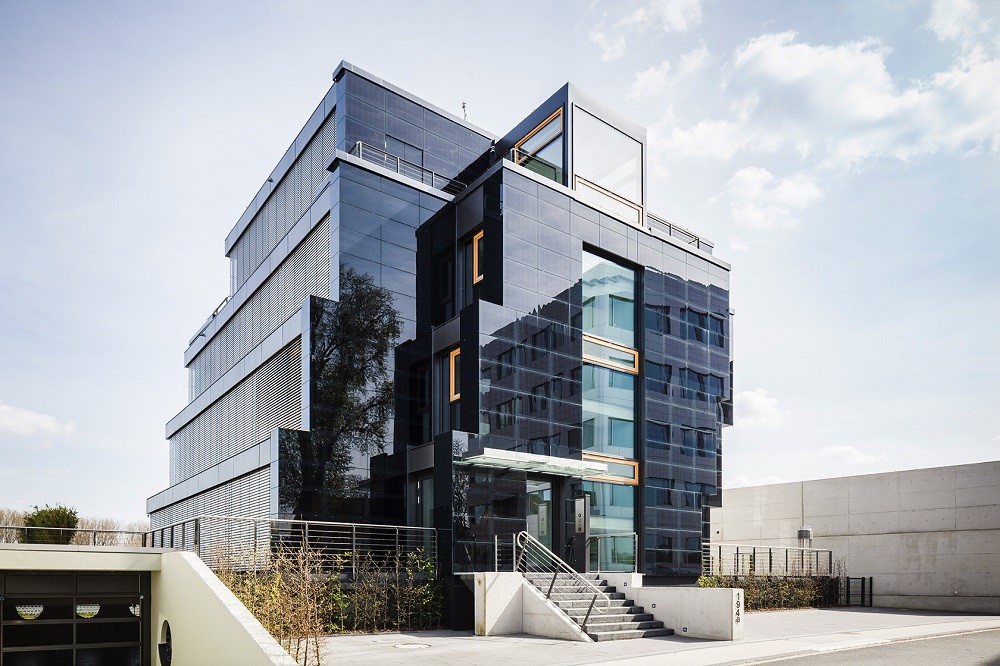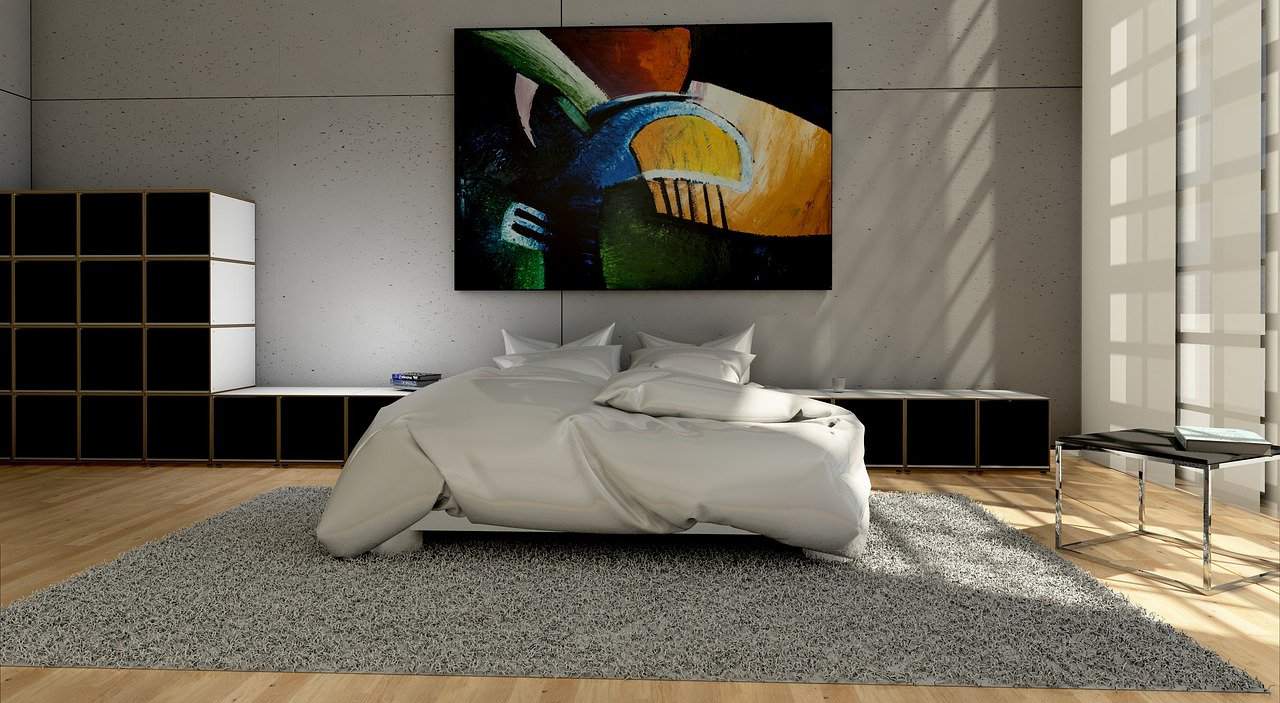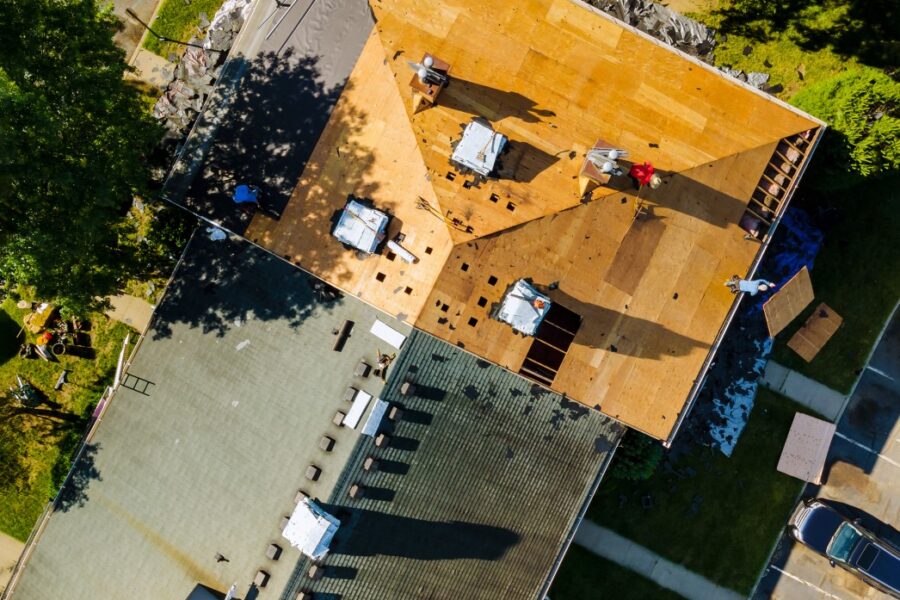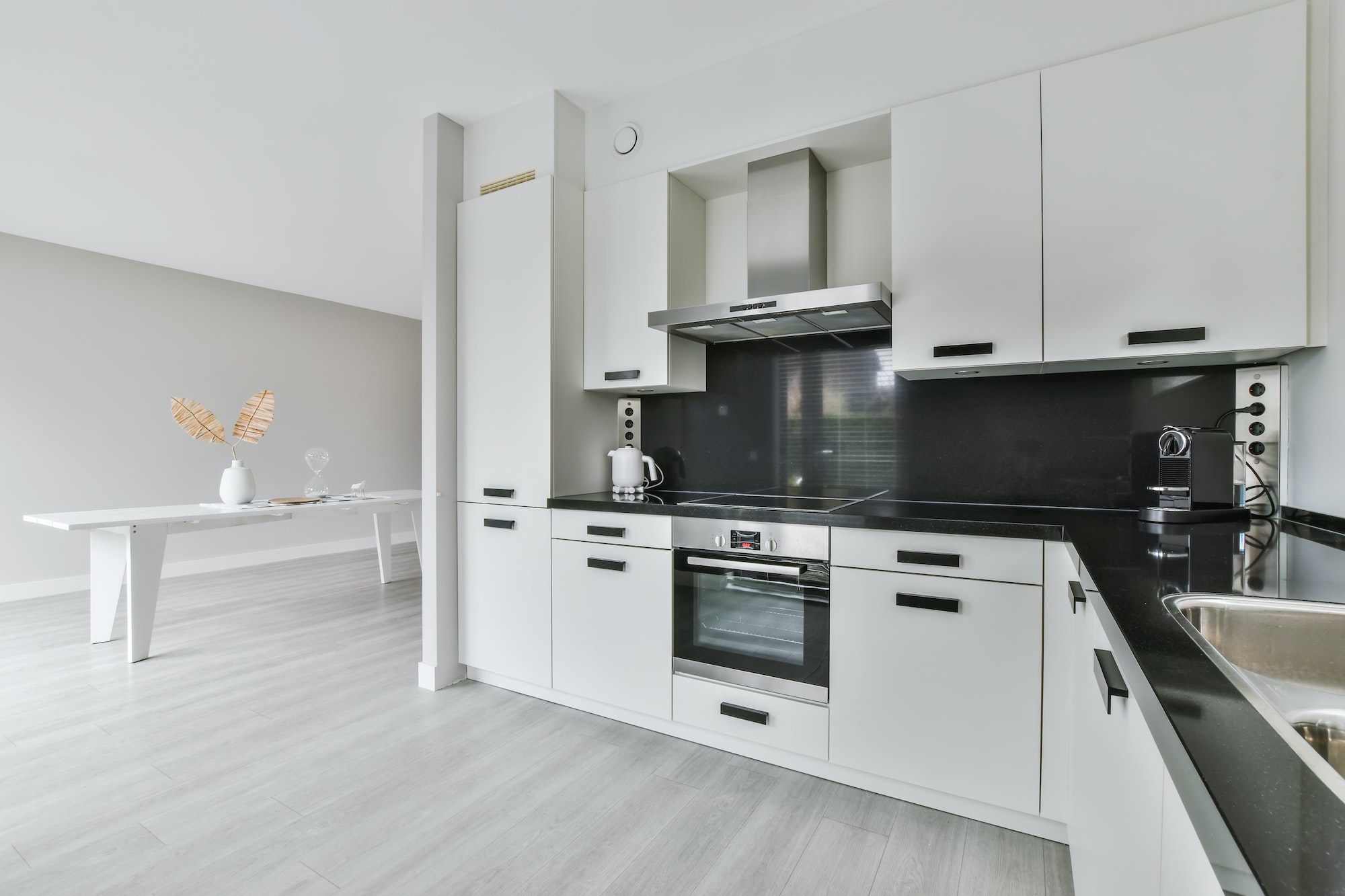BIPV modules are architectural glasses that can be integrated into the building envelope as customized roof or facade elements. Each element can be individually designed and thus precisely adapted to customer requirements. This offers building owners and architects unprecedented freedom in planning efficient, aesthetic, and extraordinary photovoltaic facades, and also enables efficient electricity production.
BIPVs are an important component of sustainable architecture, as they enable the generation of clean, renewable energy on-site and reduce the building’s carbon footprint. At the same time, BIPV sets new aesthetic standards for modern photovoltaics. The ability to custom design and fabricate allows for asymmetrical glass layouts, insulating glazing, and the use of laminated safety glass, among other options.
Advantages of BIPV compared to classic photovoltaic modules
BIPV modules can serve as functional components, replacing conventional building materials and improving the insulation and energy efficiency of the building. The innovative photovoltaic cells can be used as power-generating windows with varying degrees of transparency, and can even be curved, for example, to integrate the power supply into the curvature of a domed roof or a generously curved facade.
Although the upfront cost may be higher compared to traditional photovoltaics, the long-term cost-effectiveness of BIPV makes it a smart investment. The efficiency of electricity generation depends, among other things, on the orientation and tilt angle of the integrated BIPV modules, as well as on-site weather and climate conditions. By integrating energy storage and systems for building automation or building energy management, the efficiency of the BIPV system can be further optimized.
Why BIPV modules are particularly interesting for architects
Custom BIPV allows for seamless integration of high-performance solar technology and meeting all energy efficiency requirements without compromising the design and aesthetic integrity of the building. SUNOVATION is one of the leading providers of high-quality BIPV solutions. In the production of glass-glass modules, innovative technologies such as the unique silicone filling process SCET are used to provide efficient and durable photovoltaic elements that are also aesthetically pleasing and give architects maximum freedom.
Each element consists of two or more glass panes between which the photovoltaic cells are embedded in a protective silicone gel. Due to the special manufacturing process, the SUNOVATION PV modules are not only exceptionally beautiful but also very easy to customize. In addition, the SUNOVATION eFORM glass-glass modules offer excellent acoustic and sound insulation values as well as the best possible fire classification according to EN-13501-1 (Bs1d0).
Each SUNOVATION PV module can generate up to 200 Wp/m² of electricity from sunlight, reducing the need for grid power and resulting in lower energy bills for the building owner. The modules are designed to last for several decades and are made of robust materials that can withstand harsh weather conditions. As a green, sustainable, and modern technology with functional benefits and a sleek and attractive appearance, BIPV can also increase the value of a building. Therefore, investing in a state-of-the-art photovoltaic façade also guarantees a stable return on investment for many years.
Perfect for a sunny future: Photovoltaic facades
SUNOVATION’s high-quality glass-glass modules are available in three basic variants: the transparent module eFORM clear with a selectable degree of transparency for maximum efficiency, the colored module eFORM color, and the likewise colored eFORM unichrome modules, which PV cells are no longer visible through the colored photovoltaic glass.
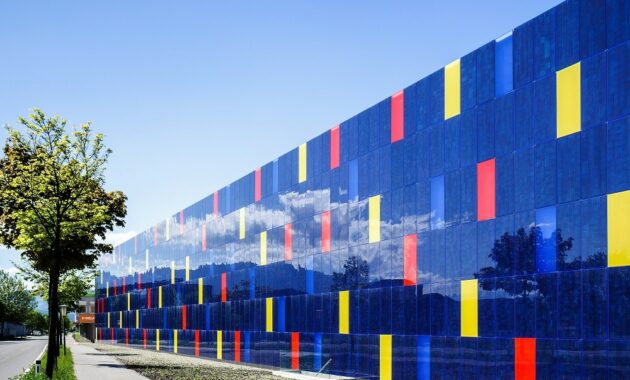
© Sunovation
The shapes of the modules are freely selectable, the size varies between 0.16 and 10 m². Light transmission and appearance of the photovoltaic façade can be adjusted by the density and positioning of the PV cells. The degree of transparency can also be customized to meet individual requirements for privacy, glare protection, or shading.
All SUNOVATION glass-glass modules are manufactured on a project-specific basis and according to customer specifications in Germany. Engineers and technicians can develop individual solutions for each project on-site and implement specifications exactly as desired.
This offers architects further advantages in planning and designing with SUNOVATION.
Discover more from Futurist Architecture
Subscribe to get the latest posts sent to your email.
